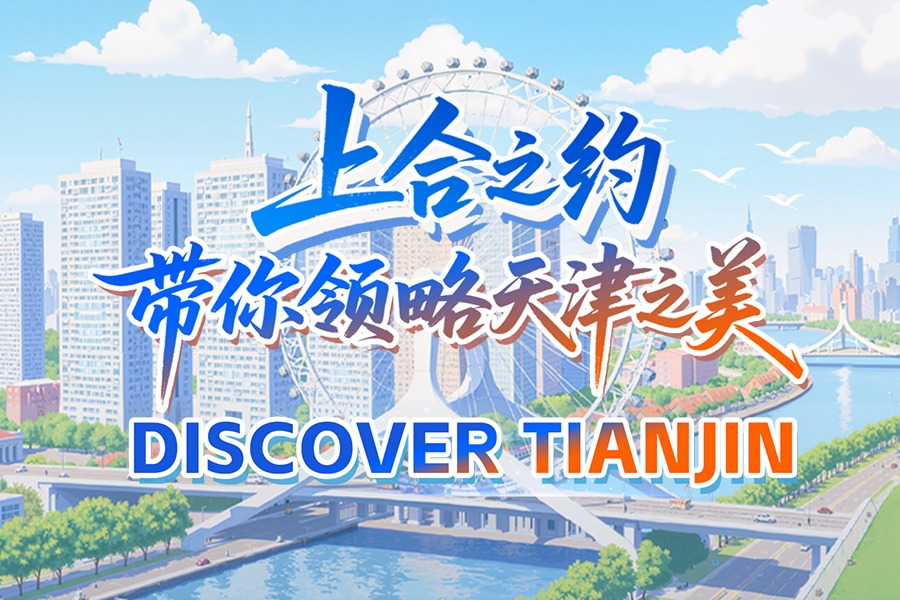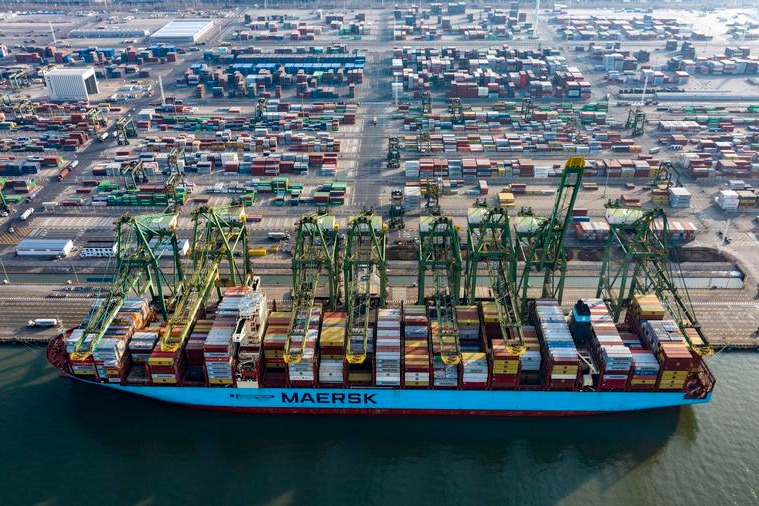Lychees tell the story of Chinese modernization


Just as King Edward VIII was willing to abdicate the throne for Wallis Simpson, and Louis XVI created the exclusive "Queen's Hamlet" for his beloved Marie Antoinette, ancient China had its own emperor, notorious for his blind devotion to his consort. In the 8th century, Emperor Xuanzong of the Tang Dynasty (618-907) was smitten with a breathtakingly beautiful imperial concubine.
When this enchanting woman suddenly craved fresh lychees, the emperor spared no expenses to satisfy her whim, ordering the creation of a "lychee highway" connecting the fruit-producing regions of Guangdong to the capital Chang'an (present-day Xi'an in Shaanxi province). Along this route, relay stations were established, and riders raced against time to carry the highly perishable fruit from the southern province to the northern capital before it rotted in the summer heat.
While serious historians suggest the concubine likely received lychees from a closer province, Sichuan, rather than distant Guangdong, either route posed immense difficulties during the time. The journey from Guangdong to Chang'an passed through complex terrain across more than 2,000 kilometers — roughly the distance from London to Istanbul.
Even carrying it from Sichuan to Chang'an meant riding across more than 1,000 km of treacherous mountainous roads and river crossings. And due to the medieval warm period, when much of the Northern Hemisphere was experiencing high temperatures, preserving lychees without refrigeration on horse-relay transport was nearly impossible. This monumental task made Emperor Nero's winter grape deliveries from Naples — a mere 250 km away from Rome — seem like a casual afternoon trip by contrast.
Fast-forward to today. The inaugural high-speed "lychee express" in the Guangdong-Hong Kong-Macao Greater Bay Area has met this ancient challenge. Sophisticated cold-chain systems now enable fresh Lingnan lychees to depart in the "morning" and arrive in the "afternoon", eliminating preservation difficulties and connecting the northern and southern markets while cutting transportation costs significantly compared to air freight.
Steel rails have tamed time. And advanced technology has dismantled the very notion of privilege. The humble lychee has undergone a remarkable transformation from an imperial tribute reserved for the powerful elite to something almost anyone can enjoy. China's expanding logistics industry has democratized this delicate fruit once exclusive to royal nobility by making it possible for ordinary households across the country to enjoy.
The lychee has been witness to the high-speed Chinese modernization. This transformation represents more than mere technological advancement — it embodies a fundamental shift in how development benefits are distributed throughout society. The logistics network that makes this possible serves as a crucial infrastructure, connecting markets across vast distances. Each express package, whether they are lychees, electronics or handicrafts, connects thousands of cities and countless industries, bridging supply and demand gaps across distances that once seemed insurmountable.
In recent years, China has built modern logistics systems using innovations that make Amazon's distribution centers look modest by comparison: intelligent sorting facilities processing millions of packages daily, drone transportation reaching remote villages, and comprehensive "express to factory" services that have revolutionized manufacturing supply chains.
The successful operation of the "high-speed lychee express" reflects the sophisticated support of a modern logistics technology ecosystem. From advanced field pre-cooling techniques to cutting-edge biological preservation methods, from multi-layer protective packaging systems to comprehensive full-process temperature monitoring capabilities, modern logistics have rewritten the lychee's traditional "life cycle", extending its viability far beyond what was previously imaginable.
The leap in logistics efficiency represents far more than a mere speed revolution; it embodies the "people-first" philosophy that characterizes the path to Chinese modernization. In ancient times, the imperial concubine's access to fresh lychees depended entirely on the extreme speed of horses, but that speed came at huge human and material costs, inevitably serving only a privileged few in the royal court.
Today, lychees can be seen on family dining tables in North China because of the economies of scale provided by sophisticated logistics systems.
This achievement of consumer inclusivity demonstrates that Chinese modernization is not for the benefit of a privileged few; rather it enables China's entire population to share the fruits of development. Beyond transforming dinner tables, China's modern express logistics system also benefits farmers and producers on the supply side. It systematically expands the sales radius for agricultural products like Lingnan lychees, increasing the incomes of farmers in remote areas and allowing them to enjoy the benefits of common prosperity policies.
The broader implications are striking. While European countries debate the carbon footprint of importing avocados from South America, China has created a domestic distribution network that can deliver fresh tropical fruits to northern regions within hours. While US consumers pay premium prices for same-day delivery in major metropolitan areas, Chinese consumers in smaller cities routinely receive fresh produce from across the country overnight.
True modernization requires both speed and inclusivity. Speed manifests in rapid technological innovation and infrastructure development, while inclusivity appears in the shared benefits of development, enabling ordinary people to enjoy the conveniences that modernization brings. From imperial exclusivity to household commonplace, the democratization of lychees illustrates this philosophy in action. Just as emperors once moved heaven and earth to satisfy one person's whims, modern China moves wheels on rails to meet millions of people's daily needs. And this modern "devotion" serves not just one person, but hundreds of millions, transforming what was once the ultimate symbol of privilege into something refreshingly ordinary.
The author is a professor in the School of Journalism and Communication at Chongqing University. The views don't necessarily reflect those of China Daily.
If you have a specific expertise, or would like to share your thought about our stories, then send us your writings at opinion@chinadaily.com.cn, and comment@chinadaily.com.cn.

































